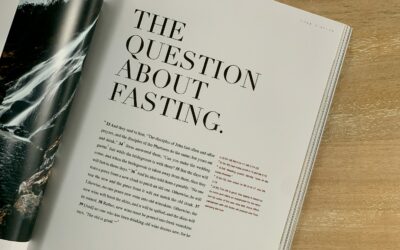The common currency among all humans is time. We choose what we spend our time on with outside forces influencing that decision. Over the past five months, I’ve noticed that the most immediate engagement people are willing to spend time on is in anger. If we are angered or inconvenienced, we do not think before we spend time on something that is honestly not worth our time. That is unless we do believe it’s worth waiting five minutes in line for customer service to complain to the manager about how the cashier was frustrated after having to explain how to use the keypad thrice in a row. What’s worse, we hesitate when engaging in acts born from kindness and love that could benefit others.
“My dear brothers and sisters, take note of this: Everyone should be quick to listen, slow to speak, and slow to become angry, [sic] because human anger does not produce the righteousness that God desires.” James 1:19-20 (NIV)
People do not exist in a bubble, blocked from stress and frustration. We must remember that most people do not just decide to be antagonistic and understand that they have lives, challenges, stress triggers, and even duties of which we are not always aware. We must also recognize that perhaps we are making their lives more difficult and stressful by berating them for not being kind to us. Emotions are powerful, and I know how overwhelming anger can take over, so here are two words that can help immensely:
Just breathe.
Taking a calming breath and thinking about what’s happening does not take long. It allows us to be patient with those around us and engage in acts of love rather than reactions of anger.

Love is patient and kind and at the center of belief in Christ. Jesus would love first, at every opportunity. Love was always at the center of His actions and He would immediately engage in acts that would lead to love—even going through the worst discomfort out of love for us.
We need to step outside ourselves and ask, “What would Jesus do?”, and the answer will and should always be “He would love first.” Have those who we’re angry at truly wronged us? Are they “just rude people,” or are they having a frustrating day not made better by us? Is our comfort more important than someone else’s suffering?
It’s also essential to apply this to broader issues, ones in which treating others with kindness and equality are the very center of (cultural issues, I’m talking about cultural dissonance). It’s important to ask ourselves, “which cause is more in line with Christ’s teachings, not based on whether someone calls themselves a Christian, but genuinely acting in love?” Which cause would Jesus engage in to love others? Taking immediate action to secure our comfort at the expense of others, and also worsening conditions for others (whether we realize it or not), is antithetical to a belief in Jesus. He underwent torture, humiliation, and death to save us because He loved immediately. If we can make a habit of breathing, thinking, and acting outside of our interests of comfort, then we can genuinely say that we act in love.



